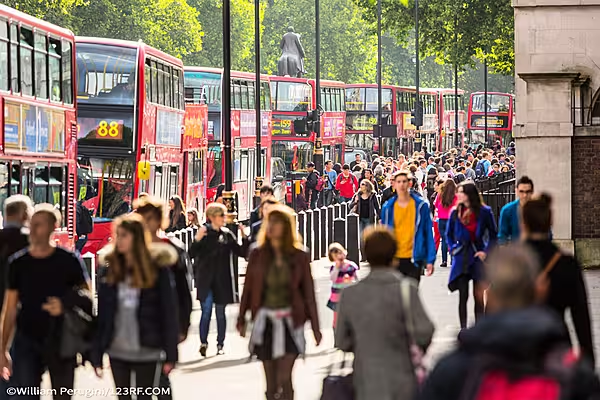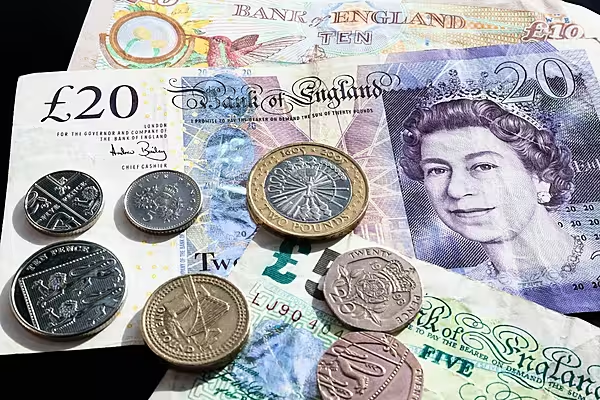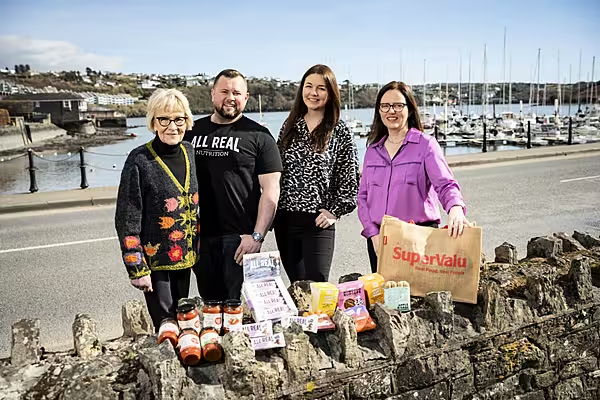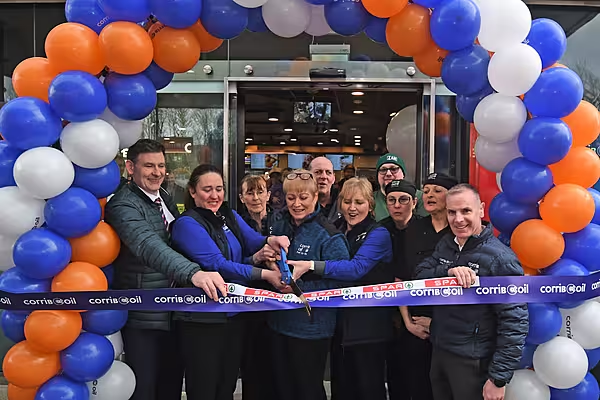British consumer spending growth lost pace last month, adding to signs of a weakening economy, despite a doubling in cinema takings after the release of the films 'Barbie' and 'Oppenheimer', Barclays data showed on Tuesday.
Annual growth in consumer spending on credit and debit cards slowed to 2.8% in August from 4.0% in July, which the bank blamed on a continuation of the previous month's rainy weather.
Part of the slowdown also reflected falling inflation - and in particular a 20% year-on-year drop in the cost of vehicle fuel - as spending on essentials such as food and fuel grew just 1.0%, the least since April 2020.
Spending on cinema tickets was up 101% on a year earlier, driving a broader rise in spending on entertainment.
Inflation Impact
However, with consumer price inflation still running at 6.8% in July - the highest of any major economy - the data suggests overall household consumption continues to fall in real terms.
"Muted spending growth in August is in line with other data sources, such as soft PMIs and stalling consumer confidence, suggesting that the bite from monetary tightening is starting to be felt more acutely," Barclays economist Abbas Khan said.
The Bank of England has raised interest rates 14 times since December 2021 and financial markets expect a further quarter-point increase to 5.5% this month, then a final hike to 5.75% before the end of the year.
While Barclays said the rainy weather had weighed on consumer spending, separate figures from the British Retail Consortium (BRC) on Tuesday showed many shoppers had returned to stores after a washout for retailers in July.
Total sales at BRC members grew by 4.1% in cash terms in the year to August - in line with the average annual growth rate over the past 12 months - after dropping to 1.5% in July.
Sales Growth
Like-for-like sales growth, a measure which adjusts for changes in store space, rose to 4.3% in August from 1.8%.
Beauty products had performed strongly, but the BRC noted that parents appeared to be holding off on purchases of children's uniforms and shoes until just before the new school year began.
Like the Barclays figures, the BRC data is not adjusted for inflation - so falling inflation could lead to lower top-line sales growth, the trade body said.
"As the rate of price rises falls, so will the extra spending needed by consumers. As a result, sales growth may fall in the coming months, even if volume growth does not," BRC chief executive Helen Dickinson said.
Read More: UK Shop Price Inflation At 10-Month Low: BRC
News by Reuters, edited by Donna Ahern, Checkout. For more retail stories, click here. Click subscribe to sign up for the Checkout print edition.






